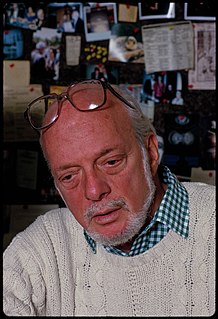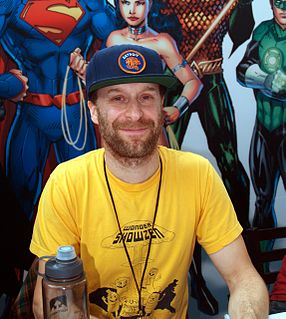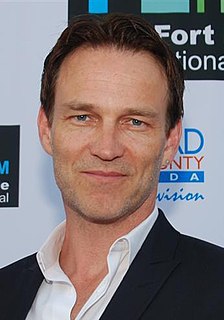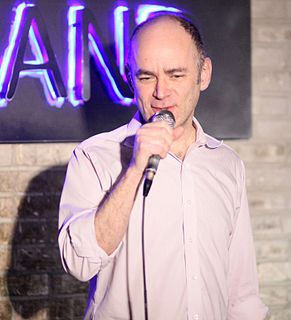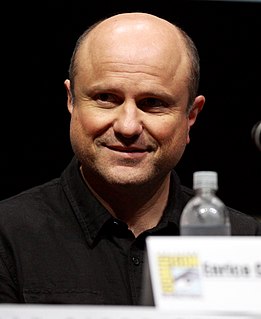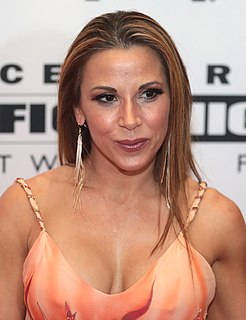A Quote by Harold Prince
Nobody has yet proven that taking a chance and doing something unique that an audience isn't used to is a bad idea. What the theater lacks is that kind of courage.
Related Quotes
Courage is not an ability one either possess or lacks. Courage is the willingness to engage in a risk-taking behavior regardless of whether the consequences are unknown or possibly adverse. We are capable of courageous behavior provided we are willing to engage in it. Given that life offers few guarantees, all living requires risk-taking.
I've been so fortunate throughout my career, when I was doing theater, more theater than anything else, and when I was doing films that I got a chance just to do a broad range of things. In fact, a lot of my choices that I made were about that very thing. Every project that I had an opportunity to do or chose to do, I wanted it to be different from the last thing I did, and I think that's why I have a good, you know, I had kind of a diverse kind of résumé. I'm really - it's what I set out to do as an actor originally.
The detachment of the artist is kind of creepy. It's kind of rude, and yet really it's where art comes from. It's not the same as courage. It's closer to bad manners than to courage. If you're going to be a writer, you basically have to say, 'this is just who I am'. There's a certain indefensibility about it. It's not about loving your community and taking care of it — you're not attached to the chamber of commerce. It's a little unsafe. You have to be willing to have only four friends, not 11.
When you see Robert Englund in a movie, you think he is the bad guy, but if I'm not the bad guy, and I'm supposed to just kind of fool the audience, it makes it a lot easier for whichever actor is the bad guy. So I find myself doing a lot of those, I think they're called red herring characters, faking out the audience.
I've had shows where you think, "Is this going well? I can't tell," and then you say goodnight and you get this ovation. They're sorta like a theater audience. I've learned that much; that they're not always going to be doing backflips - but I'll never figure it out. Because sometimes you walk up there, and they're so excited, and then other times, it's just... But sometimes an audience is bad, and you can tell them they're bad, and that sort of breaks the ice a bit.
